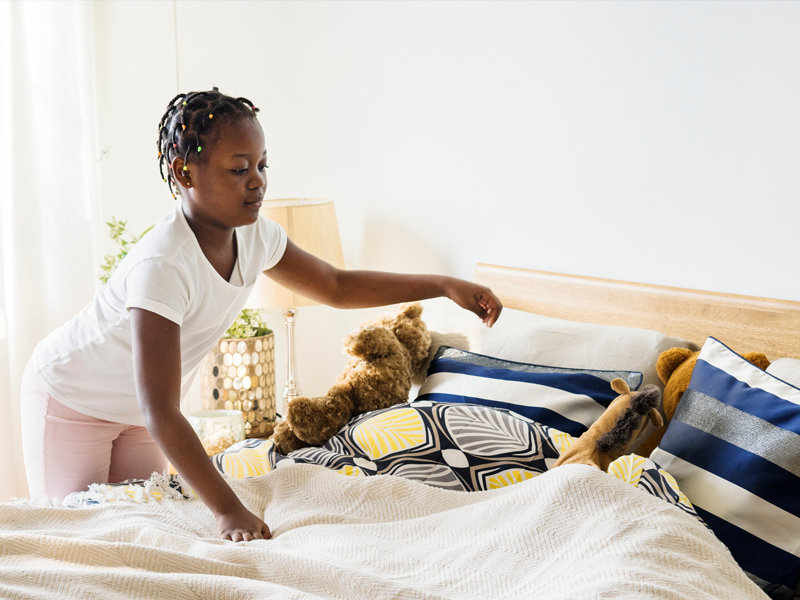Teach Your Child How To Politely Refuse

Refusal is a hugely important life skill. Fear of offending or being seen in the wrong light has caused countless young people to end up in situations or making commitments that, at best, made them very uncomfortable, and, at worst, shipwrecked their lives. It is essential that a SkillTrekker, like yourself, has the confidence to refuse, and the knowledge of what polite refusal looks like.
First of all, know your convictions. Know what is acceptable in your mind and what is not. Draw a mental line in the sand so you know in advance how far you are willing to go in a situation.
Say no quickly. A weak fuzzy, “Well, I don’t know. That doesn’t sound like something for me right now.” is an invite for the other person to relentlessly put pressure on you. A short solid “no” shuts things down a lot more effectively. You don’t have to be rude about it, you can say, “No thank you.” But make it unwavering.
You can give an explanation if you want, “No, I don’t drink.” “That’s not my scene.” “I don’t enjoy those kinds of places.” Often you’ll feel the need to say something like this. Just understand, the more you say, the more the other person has to go on to try to convince you otherwise. “Everyone drinks.” “You’ll love this scene.” “Try it, I bet you’ll love it when you get there.”
Politely shut down the discussion. “Let’s agree to disagree.” “Everyone is different.” “Please don’t let me stop you from going.”
Totally change the subject. Talk about something else and move on. A conversation is an interaction between two or more people, so you have the power to do this.
Now, it might be that they are suggesting something that you simply can’t do right now. In such a case, be honest, tell them “I would love to but I can’t right now. Can we revisit this in a few weeks?” This keeps the doors open and no offense is taken.
Practice Session
Have your parents and family practice asking you to do at least thirty things and you practice polite refusal. Being well rehearsed will make a big difference in the real world. Let’s not use this polite refusal to get out of helping with the dishes.





